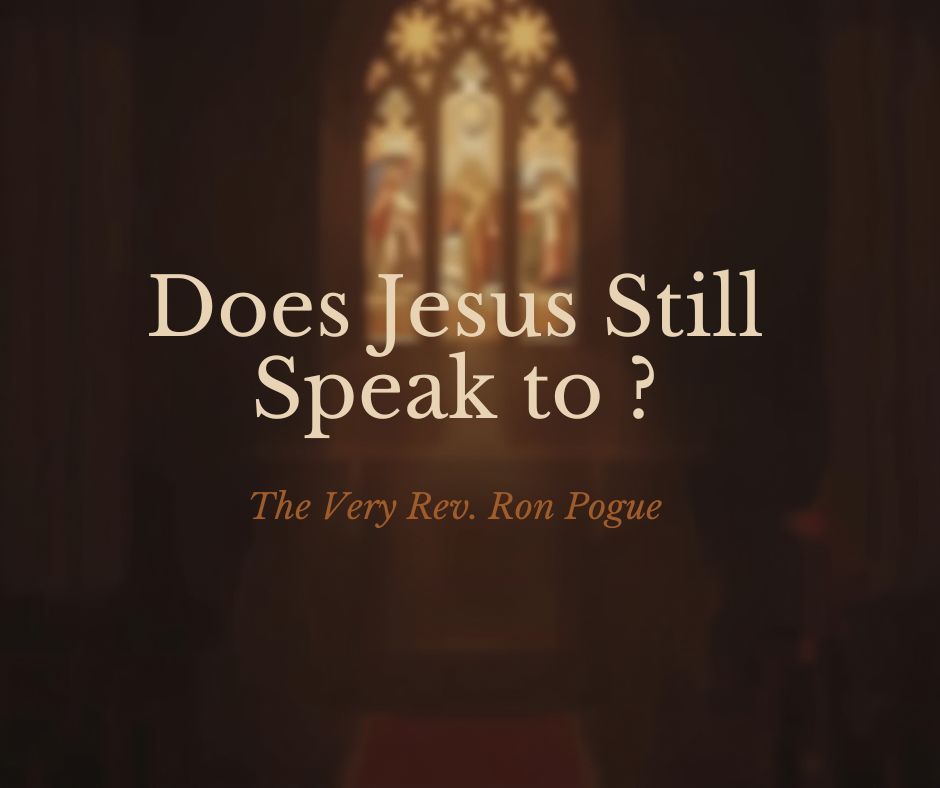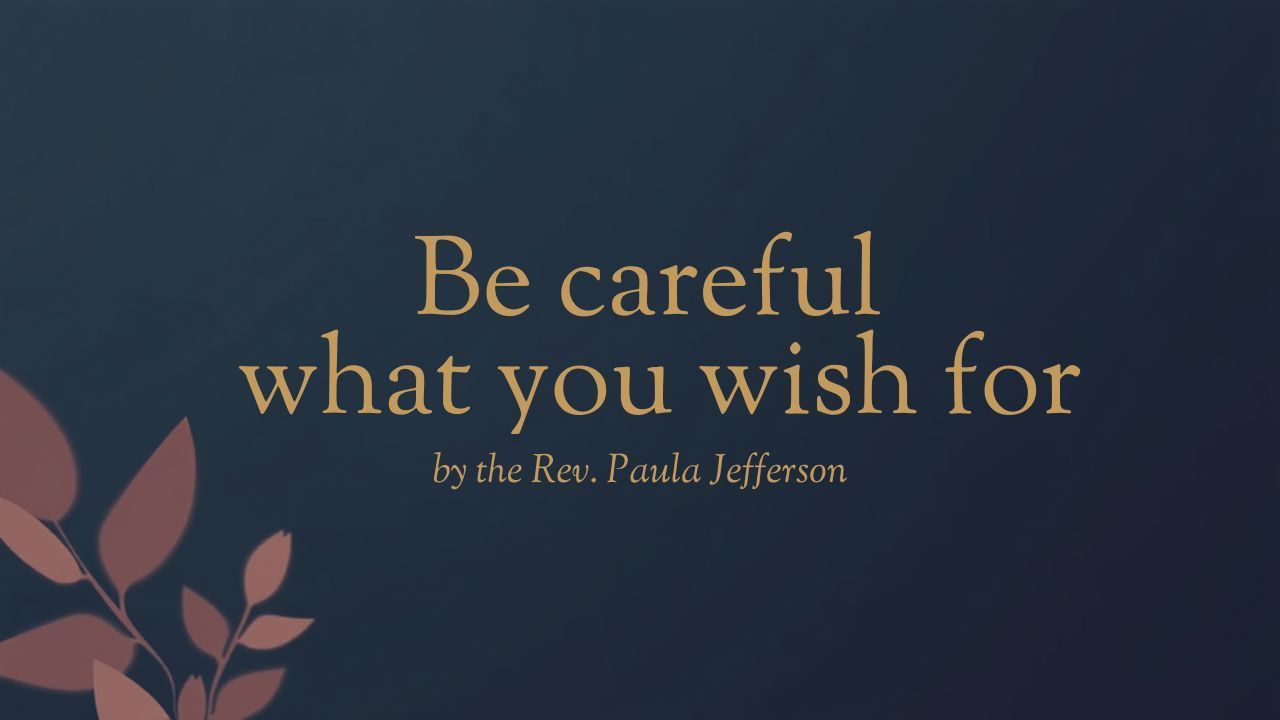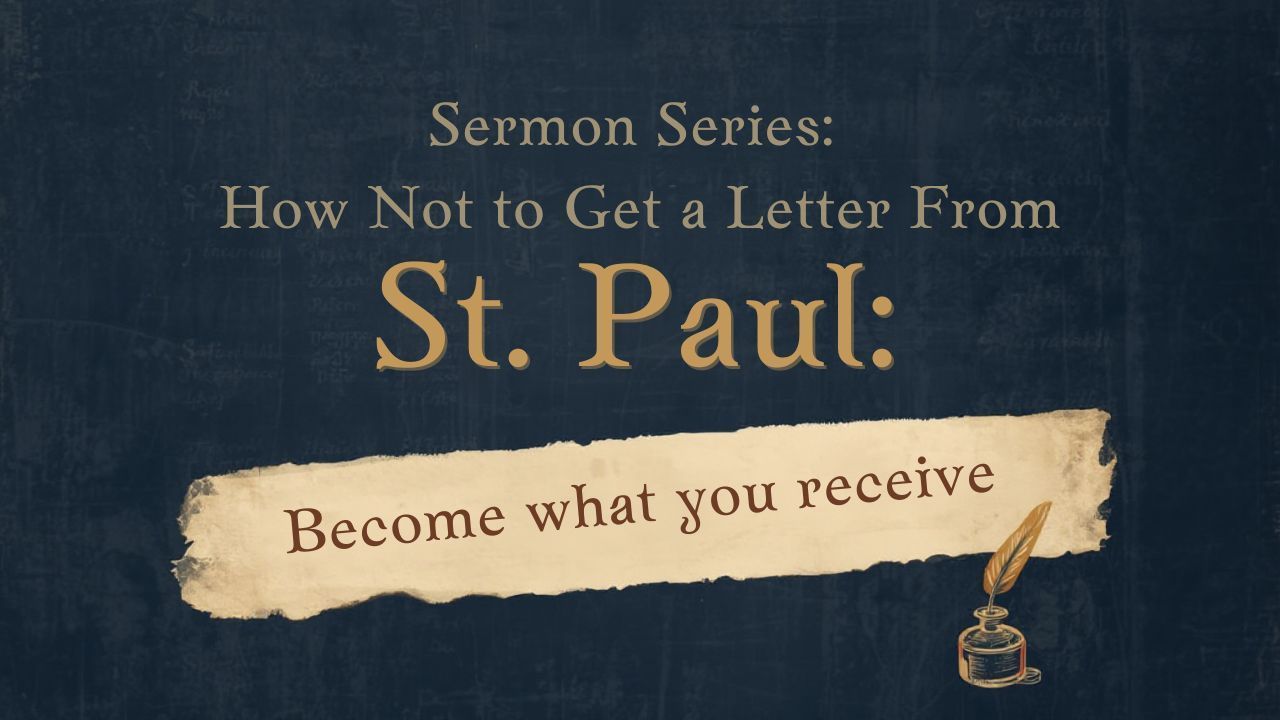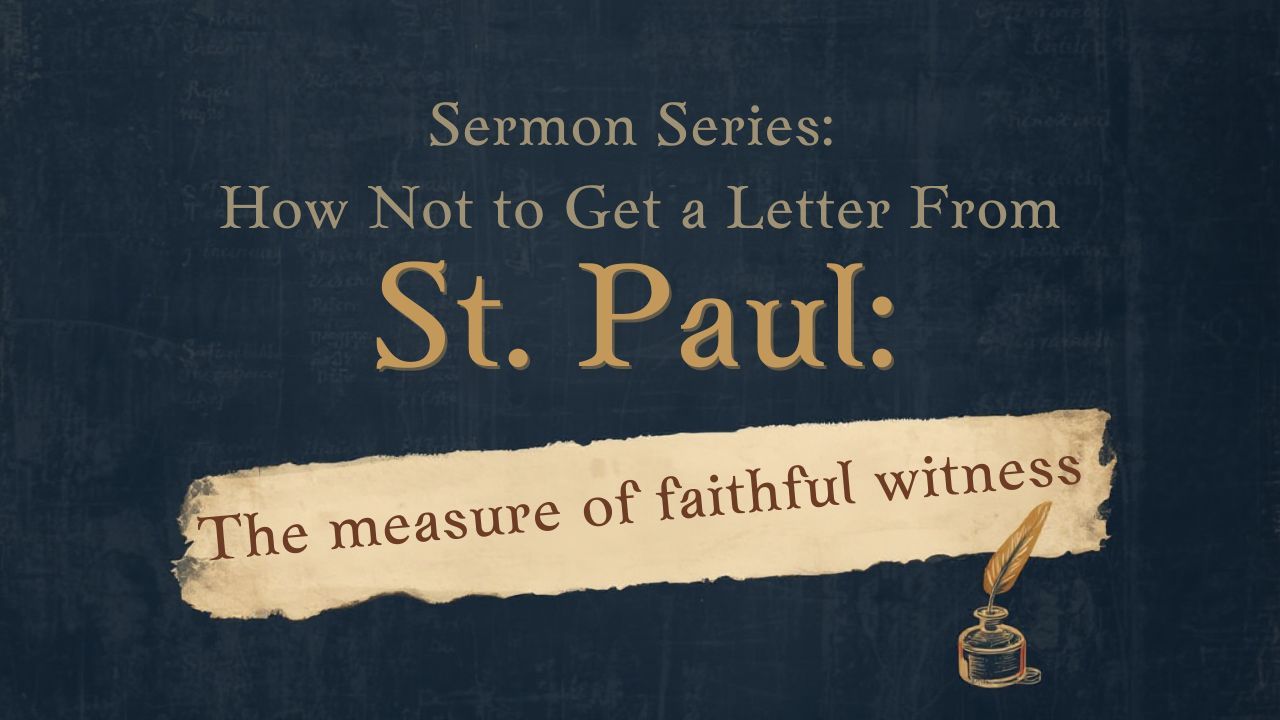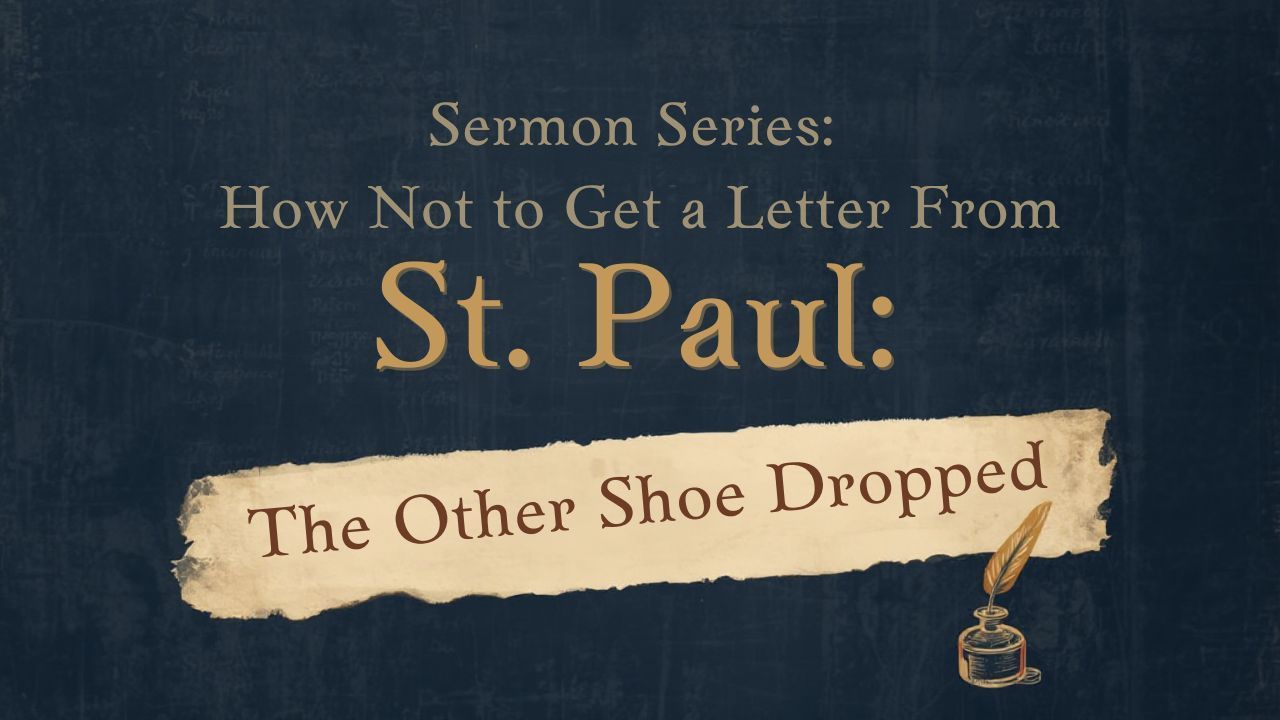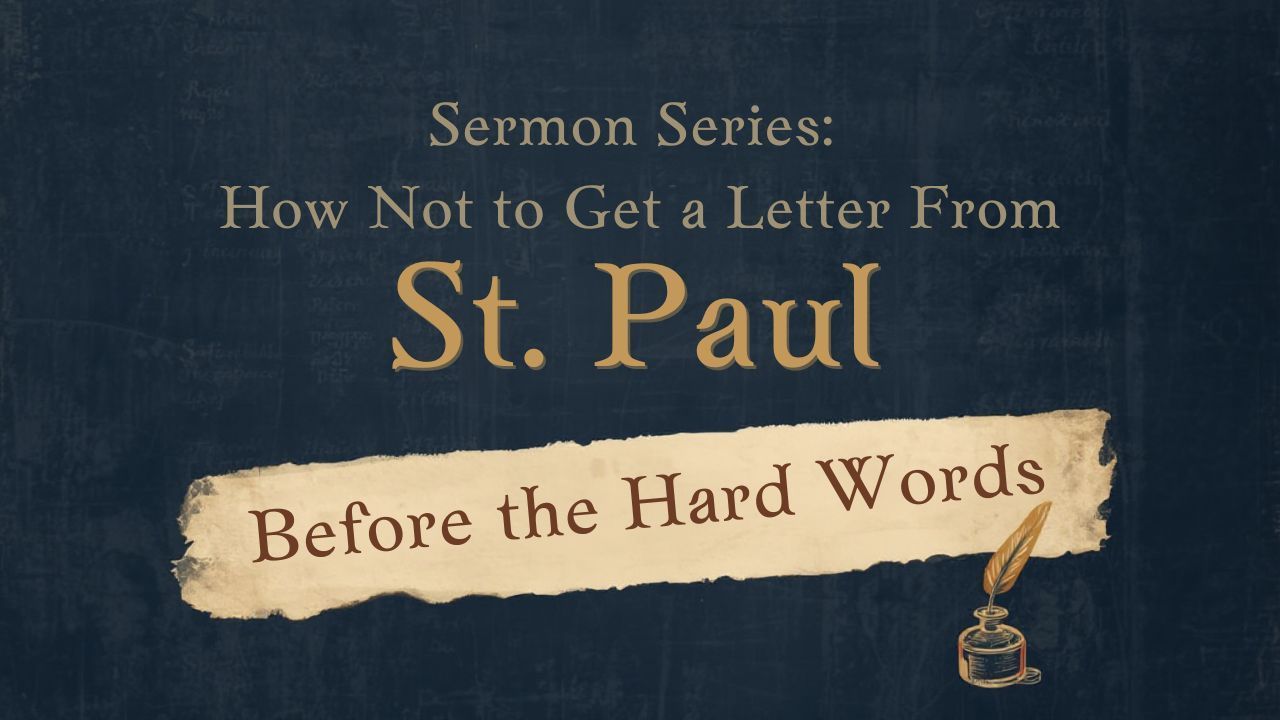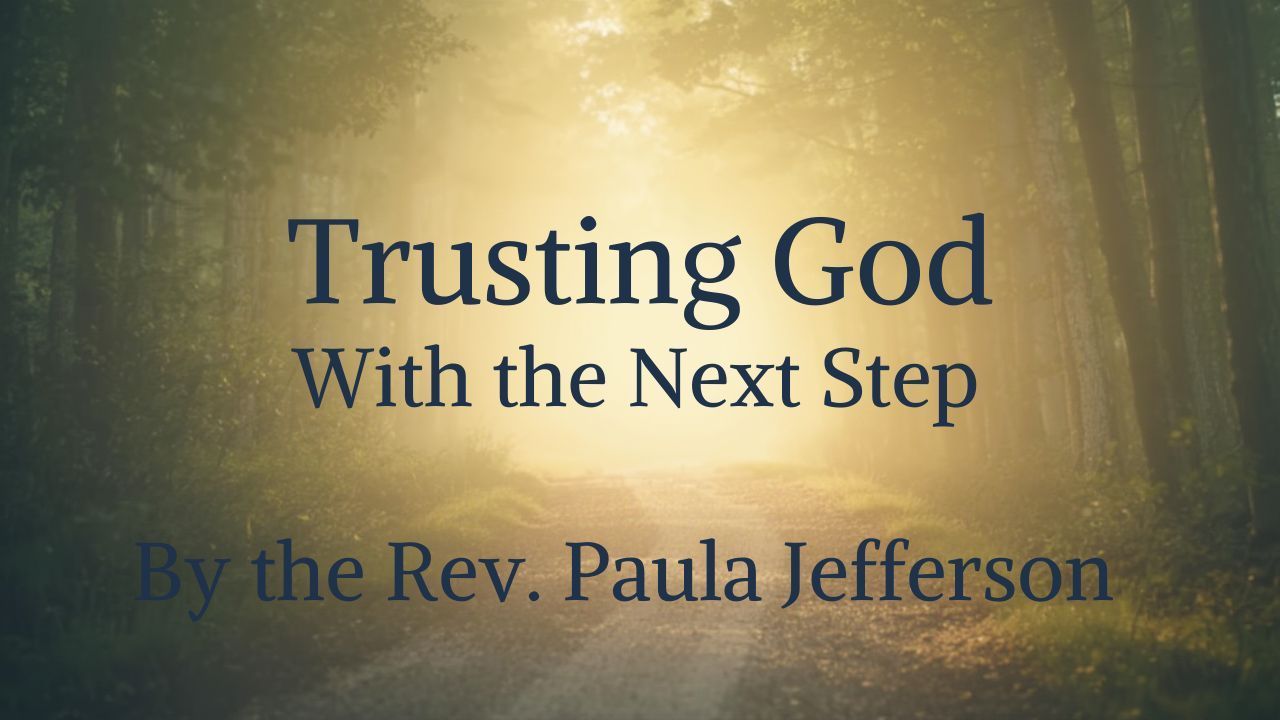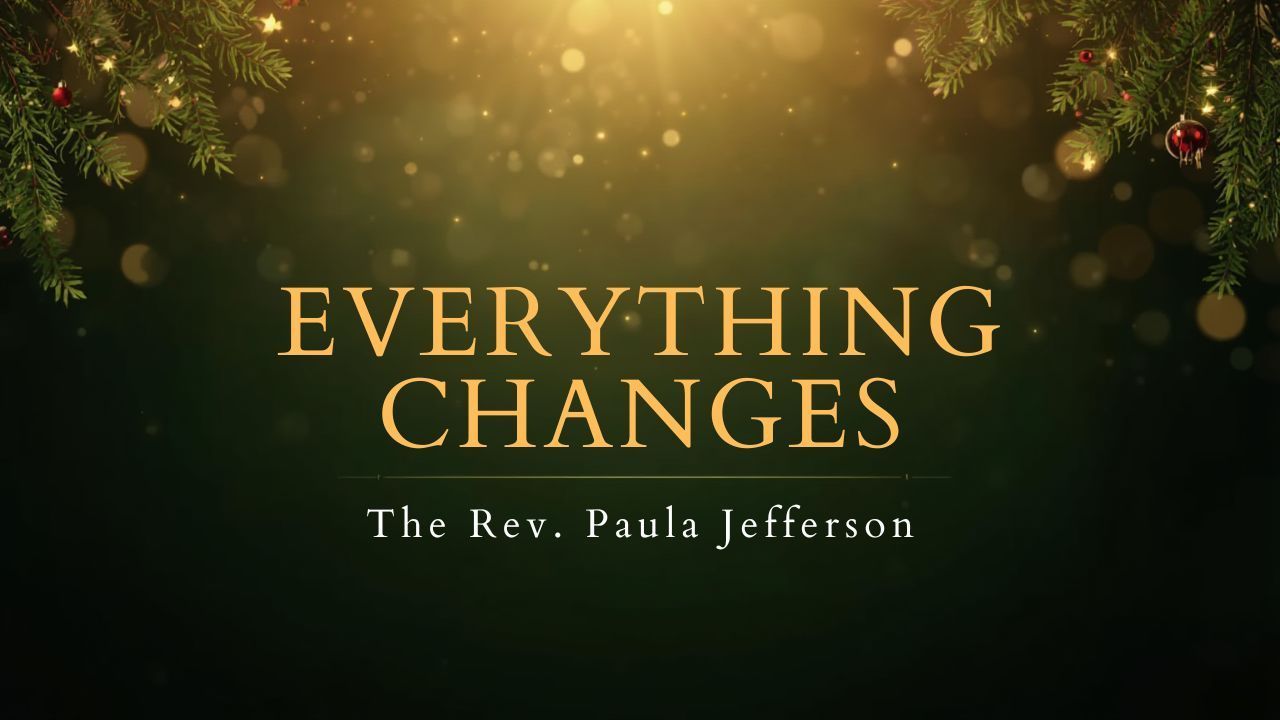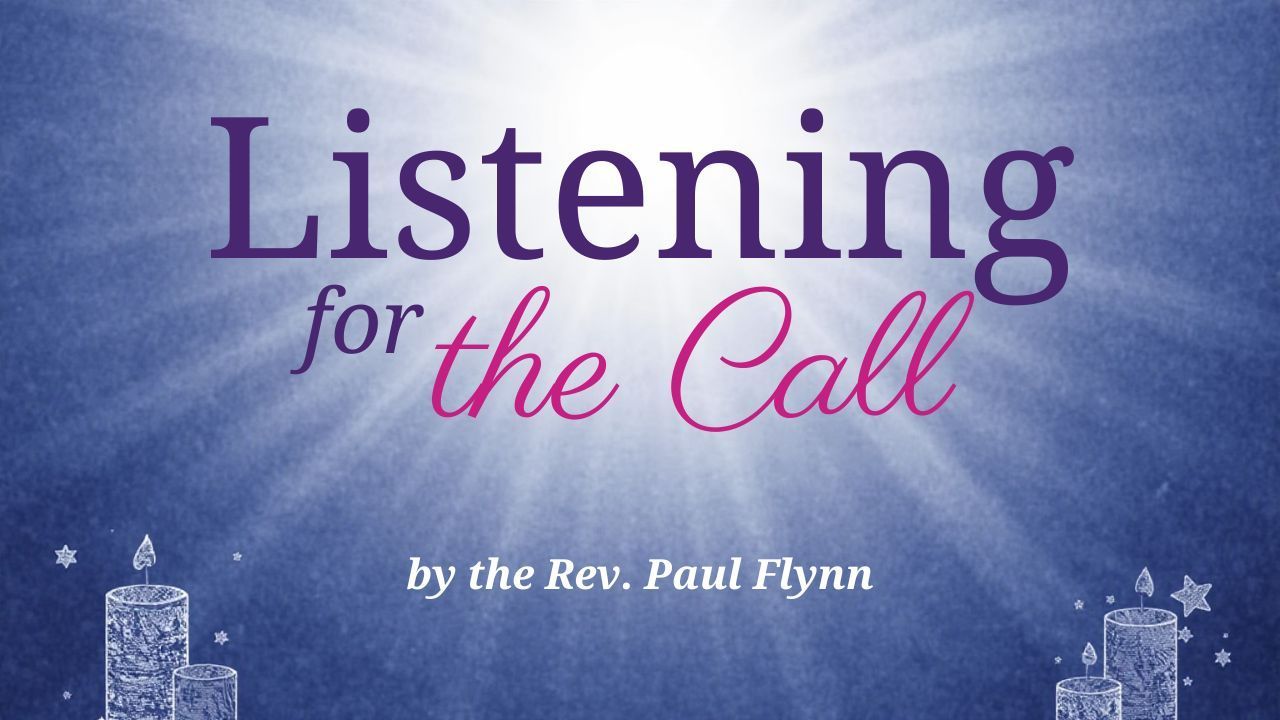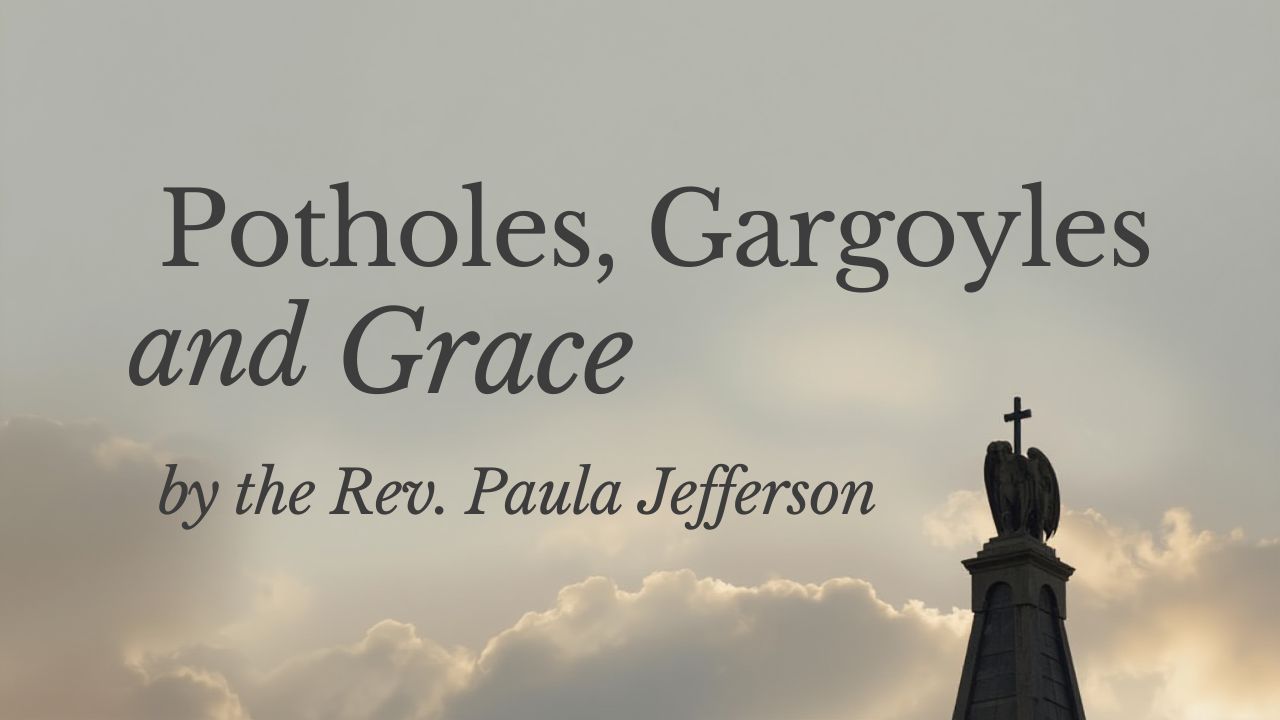The Gospel reading today introduces three people who are drawn to Jesus. First, we meet Matthew, then an unnamed leader of the synagogue and finally an unnamed woman.
Matthew is known as the tax collector, but this isn’t an H&R Block kind of tax collecting. He was a toll booth attendant. In Jesus’ day, if you wanted to travel on a road that offered some degree of safety, you had to pay a toll and the toll collector decided how much your toll would be. Determining factors included the number of people in your traveling party, the quality and quantity of merchandise you were carrying and whether you were wealthy enough to be traveling by camel.
The worst part: the toll collector rented his toll booth from Rome -- the occupying force in Judea. Once Matthew covered his rent overhead, the rest of the money he collected from his fellow Judeans was profit for his pocket. It’s no wonder tax collectors were despised.
The second character is a leader in the synagogue. He enters a highly charged scene: Jesus is surrounded by Pharisees who are examining him: Why do you eat with tax collectors and sinners? The leader of the synagogue walks through the pack of angry Pharisees, kneels before Jesus, and asks for a miracle: “My daughter just died; come and lay your hand on her, and she will live.”
The third person is a woman whose been bleeding for 12 years. It’s hard to imagine the physical damage being done to her body. Food was scarce in Judea. There weren’t CVS pharmacies on every corner, where she could get vitamins to supplement her diet and help her body deal with fatigue and lack of energy. In her culture, she was considered unclean. It had been 12 years since she worshipped in the synagogue or was part of the community.
All three of these characters share something in common: They are isolated, and they are suffering in broad daylight. And no one recognizes their pain except Jesus.
Last week, our Irreverently Faithful reading group gathered to discuss a book written by Christopher Moore. In his book, Christopher wrote a bit of dialogue that caught all of our readers’ attention:
“Faith is not an act of intelligence. Faith is an act of imagination.”[1]
As I was thinking about the three characters in our Gospel reading, it occurred to me that these three people are drawn to Jesus by faithful imagination:
1. Jesus says, “Follow me” to Matthew, and Matthew walks away from his business. He has no idea what the rest of his life will be. He only knows what it will not be. Without a word, Matthew follows.
2. The synagogue leader has heard about Jesus’ healings. I wonder if he was one of the Pharisees worried that Jesus would lead people away from the synagogue. But when his daughter dies, he does not go to the synagogue. He walks past his peers to kneel before Jesus. And he asks for something no human can deliver: restore life to the dead. His faith is an act of imagination. No one –other than God—can do this.
3. The bleeding woman has heard the stories about Jesus, too. She’s been unclean—and therefore separated from family, friends, and the synagogue for 12 long years. What hope could she have for a better tomorrow? Somehow, when Jesus comes to town, she knows that if she can just touch him, she will be well.
All three of these characters act in faith:
• faith that is not based on prior experience
• faith that is not based on logic or intelligence
Their faith is an act of imagination. They trust in what cannot be seen, known, or proven and they act.
I feel that kind of faith here, at St. Christopher’s. We are walking forward toward a new home while we grieve all that has been lost. We are reimagining how God is calling us to minister in our community while we grieve the loss of a pre-school and a fellowship hall that welcomed people from all around our community. We are walking toward a new home before we have land, before we have all that we will need to make this dream real. We are walking, together, with faith that is a living act of imagination.
Our world needs people like the man who kneels before Jesus. He knows –only by faith—that Jesus will give his daughter life again. We need people like the woman who knows—only by faith—that if she can just touch Jesus, her life will be restored.
Our community needs St. Christopher’s to be Christ in this world -- to be a people who dream, who act on faith, who can imagine a world where people are not isolated, where suffering is not ignored, where the possibility of a better tomorrow calls us, all of us, into faithful action.
There is a sense of urgency in our movement, but it is not about having a roof over our head. It is about following the voice calling to us, “Follow me.”
[1] Christopher Moore; Lamb: the Gospel according to Biff, Christ’s childhood pal; p394
